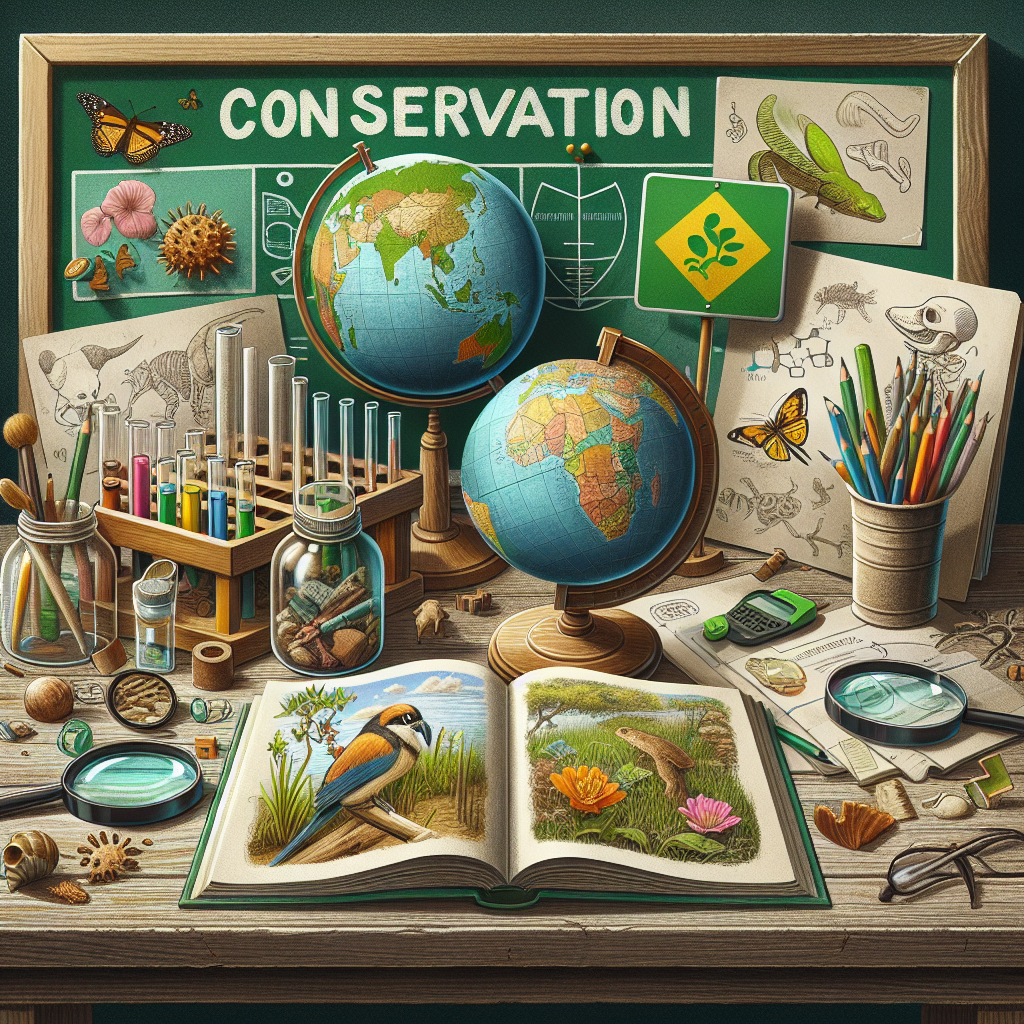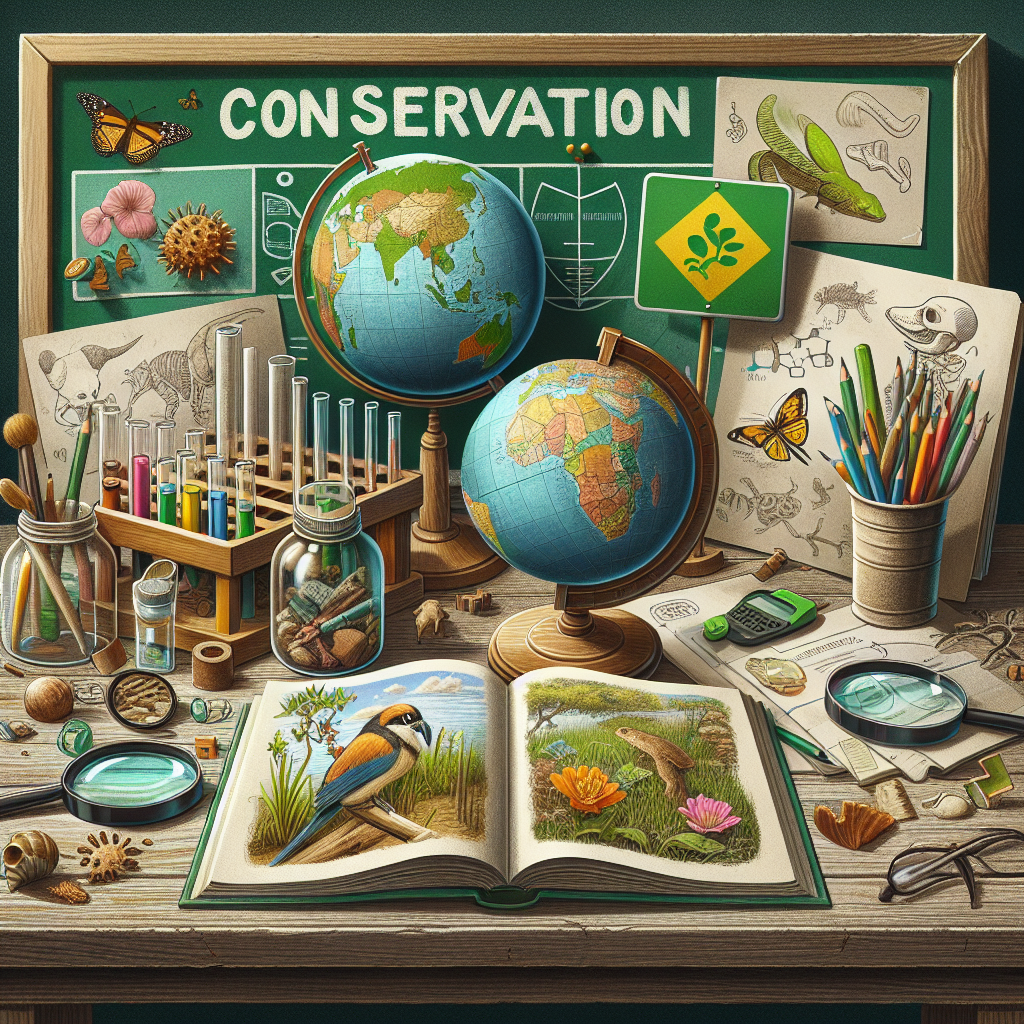Surinam, a small country on the northeastern coast of South America, has made significant contributions to science and conservation. In this article, we will explore the diverse range of topics that make Surinam a fascinating destination for both scientists and nature enthusiasts alike. From its unique location and address to the various outdoor activities and cultural events, Surinam has something to offer for everyone. Discover the historical sites, museums, and art galleries that showcase the country’s rich heritage, while also exploring the parks and wildlife that highlight Surinam’s commitment to conservation. Join us as we delve into the educational opportunities, music, entertainment, and delicious food and drink that await you in Surinam. Whether you’re planning a visit or simply interested in learning more, this article will surely captivate your interest.

Overview
Welcome to Suriname, a beautiful country located on the northeastern coast of South America. Suriname is known for its diverse culture, stunning natural landscapes, and rich history. In this article, we will explore the geography, climate, history, and various attractions that make Suriname a must-visit destination.
Geography and Climate
Suriname is nestled between Guyana to the west and French Guiana to the east, with the Atlantic Ocean to the north. The country is characterized by dense tropical rainforests, savannas, and the mighty Suriname River, which flows through its heart. The climate in Suriname is tropical, with two distinct seasons – a dry season from August to November and a wet season from April to July.
History
Suriname has a fascinating history shaped by Dutch colonization and influences from various ethnic groups. The indigenous people, such as the Arawak and Carib tribes, inhabited the region long before the arrival of Europeans. In the 17th century, the Dutch established plantations and brought African slaves to work in the lucrative sugar industry. Suriname gained its independence from the Netherlands in 1975 and has since embraced its multicultural heritage.
Location and Address
Geographical Location
Suriname is situated between 2 and 6 degrees north latitude and 54 and 58 degrees west longitude. It covers an area of approximately 163,820 square kilometers, making it the smallest country in South America.
Physical Address
When visiting Suriname, you can find the capital city Paramaribo at the following address: Paramaribo, Suriname

How to Get There
By Air
Suriname is well-connected to major cities around the world through its international airport, Johan Adolf Pengel International Airport (PBM). Several airlines offer direct flights to and from Paramaribo, making it convenient for international travelers to reach Suriname.
By Land
If you are traveling from neighboring countries, such as Guyana or Brazil, you can enter Suriname by land. The road connections are well-maintained, allowing for smooth travel between these countries. However, it’s important to note any visa requirements and border regulations before planning your trip.
By Water
For a unique and adventurous journey, consider arriving in Suriname by water. The country has a bustling port, Nieuwe Haven, which welcomes cruise ships and cargo vessels. Traveling by water provides a scenic route and allows you to experience the vastness of the Suriname River.
Driving Directions
From Paramaribo to Various Locations
Whether you want to explore the natural wonders or historical sites outside of Paramaribo, driving is a great option. Here are driving directions from Paramaribo to some popular destinations:
-
Brownsberg Nature Park: Head south from Paramaribo on Highway 4 for approximately 26 kilometers. Turn right onto the road leading to Brownsberg Nature Park entrance and continue for another 10 kilometers.
-
Cola Creek Nature Reserve: Take Highway 4 south from Paramaribo until you reach the town of Zanderij. From there, follow the signs towards Cola Creek Nature Reserve, located approximately 35 kilometers from Zanderij.
-
Jodensavanne: Drive south from Paramaribo on Highway 4, continuing for approximately 25 kilometers. Take a left turn onto the road leading to Jodensavanne, which is another 10 kilometers away.
-
Galibi Nature Reserve: From Paramaribo, head northeast on the East-West Link. After approximately 60 kilometers, turn right onto the road leading to Albina. From Albina, take a boat across the Marowijne River to Galibi.
Outdoor Activities
Suriname is a haven for outdoor enthusiasts, offering a plethora of activities to connect with nature. Here are a few popular outdoor activities to enjoy during your visit:
Hiking and Trekking
With its vast rainforests and nature reserves, Suriname provides ample opportunities for hiking and trekking. Lace up your boots and embark on trails that will take you deep into the heart of Suriname’s lush landscapes, allowing you to discover hidden waterfalls, diverse wildlife, and breathtaking views.
Bird Watching
Suriname is a bird watcher’s paradise, boasting over 700 bird species. From colorful toucans and macaws to elusive harpy eagles, the country’s forests and wetlands are teeming with avian wonders. Join guided bird-watching tours and explore the diverse habitats that support Suriname’s incredible bird population.
Boating and Sailing
Suriname’s extensive river network offers fantastic opportunities for boating and sailing. Cruise along the Suriname River or venture into the dense mangroves of the Marowijne River. You can rent a boat or join organized tours to navigate the waterways and enjoy the tranquility of Suriname’s natural surroundings.
Fishing
For fishing enthusiasts, Suriname offers excellent opportunities to cast your line and reel in some impressive catches. The rivers and coastal areas are home to an abundance of fish species, including tarpon, peacock bass, and snook. Whether you prefer freshwater or saltwater fishing, Suriname will not disappoint.
Museums and Art Galleries
Suriname’s rich history and diverse culture are beautifully preserved in its museums and art galleries. Immerse yourself in the country’s heritage by visiting these noteworthy establishments:
Suriname Museum
Located in Paramaribo, the Suriname Museum provides a comprehensive overview of the country’s history, from its indigenous roots to Dutch colonization and independence. Explore the exhibits, which include artifacts, photographs, and interactive displays, to gain a deeper understanding of Suriname’s past.
Fort Zelandia Museum
Fort Zeelandia, a colonial fortification dating back to the 17th century, now houses a museum that showcases Suriname’s colonial history. Learn about the Dutch influence, the slave trade, and the struggles for independence through informative exhibits and artifacts.
Neotropische Wand
Situated in Brownsberg Nature Park, Neotropische Wand is an art gallery dedicated to showcasing the works of local artists. Admire the vibrant paintings, sculptures, and crafts inspired by Suriname’s nature and cultures.
Nola Hatterman Art Institute
Founded by renowned Surinamese artist Nola Hatterman, this art institute aims to promote and preserve Surinamese art. The institute features rotating exhibits by both established and emerging artists, offering visitors a glimpse into the country’s contemporary art scene.
Historical Sites
Suriname’s history is woven into its landscapes, and exploring its historical sites is a journey through time. Here are some of the must-visit historical sites in Suriname:
Jodensavanne
Jodensavanne, or Jewish Savannah, was once a prosperous Jewish settlement founded in the 17th century. Explore the remains of synagogues, cemeteries, and other historic structures that tell the story of the Jewish community’s presence in Suriname.
Fort Zeelandia
Fort Zeelandia, located in Paramaribo, is a historic fortification built by the Dutch in the late 17th century. This landmark played a significant role in Suriname’s colonial history and is now home to the Fort Zeelandia Museum.
Galibi Nature Reserve
Located on the northeastern coast of Suriname, Galibi Nature Reserve is not only a natural paradise but also a historically significant site. The reserve is home to the indigenous Carib and Arawak communities, who have preserved their cultural traditions for centuries.
Peperpot Nature Park
Step back in time at the Peperpot Nature Park, once a bustling coffee and cocoa plantation. Explore the remnants of the plantation, including restored colonial buildings, machinery, and scenic trails that weave through the lush surroundings.
Cultural Events
Suriname’s cultural diversity is best celebrated through its vibrant festivals and events. Experience the country’s traditions and customs by attending these cultural events:
Maroon Day
Maroon Day is a celebration of Suriname’s Maroon community, descendants of African slaves who escaped and formed their own societies in the interior rainforests. Witness traditional dances, music, and rituals that showcase the resilience and rich culture of the Maroon people.
Phagwa Festival
Phagwa, also known as Holi, is a Hindu festival celebrated with great enthusiasm in Suriname. Join in the revelry as participants throw colored powders at each other, symbolic of the arrival of spring and the triumph of good over evil.
Srefidensi Day
On November 25th, Suriname commemorates its independence from the Netherlands with Srefidensi Day. Experience the patriotic spirit of the Surinamese people through parades, cultural performances, and fireworks that light up the city.
Keti Koti Festival
Keti Koti, meaning “Breaking the Chains,” is an annual festival that celebrates the abolition of slavery in Suriname. Immerse yourself in the festivities, which include music, traditional dances, and storytelling sessions that honor the struggles and triumphs of the enslaved communities.
Outdoor Markets and Festivals
Suriname’s vibrant markets and lively festivals offer a glimpse into the local way of life and a chance to immerse yourself in the colors and flavors of the country. Here are some must-visit markets and festivals:
Central Market
Located in Paramaribo, the Central Market is a bustling hub of activity where locals gather to buy fresh produce, spices, handicrafts, and souvenirs. Explore the vibrant stalls, sample local delicacies, and interact with friendly vendors.
Waterkant
Take a leisurely stroll along the Waterkant, a picturesque promenade that runs alongside the Suriname River. Enjoy the lively atmosphere, stop by food stalls for delicious snacks, and soak in the stunning views.
Marshallkreek Sunday Market
Escape the city and head to Marshallkreek Sunday Market, where local farmers and artisans come together to sell their goods. Browse through an array of fresh produce, handmade crafts, and traditional products that reflect the authentic Surinamese culture.
Conclusions
Suriname is a hidden gem waiting to be discovered. From its vast rainforests to its vibrant cultural events, this South American country offers a unique and enriching experience for travelers. Whether you’re an outdoor enthusiast, history buff, or art lover, Suriname has something to captivate your senses. So pack your bags, immerse yourself in the captivating landscapes, and create lasting memories in Suriname.
